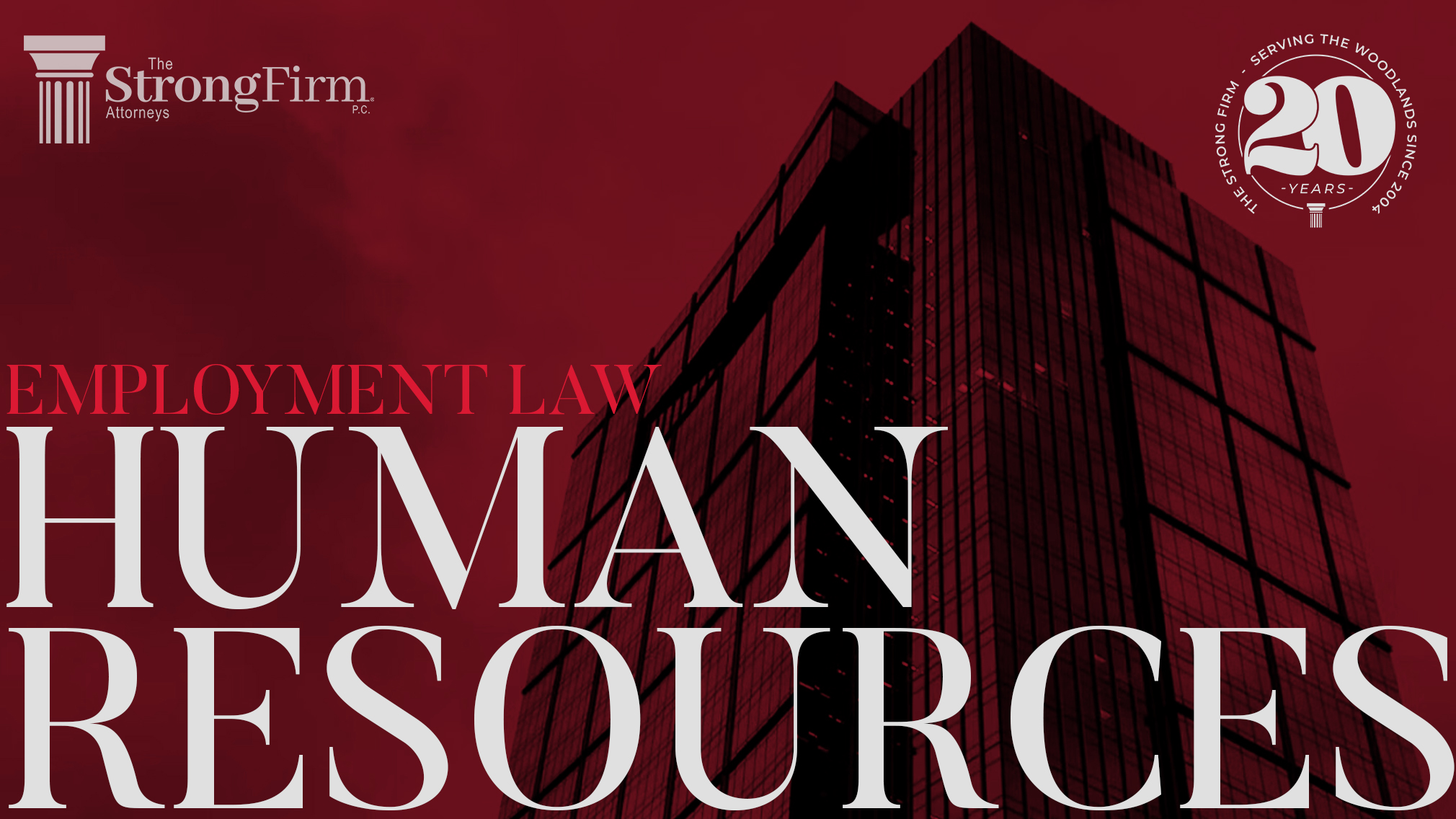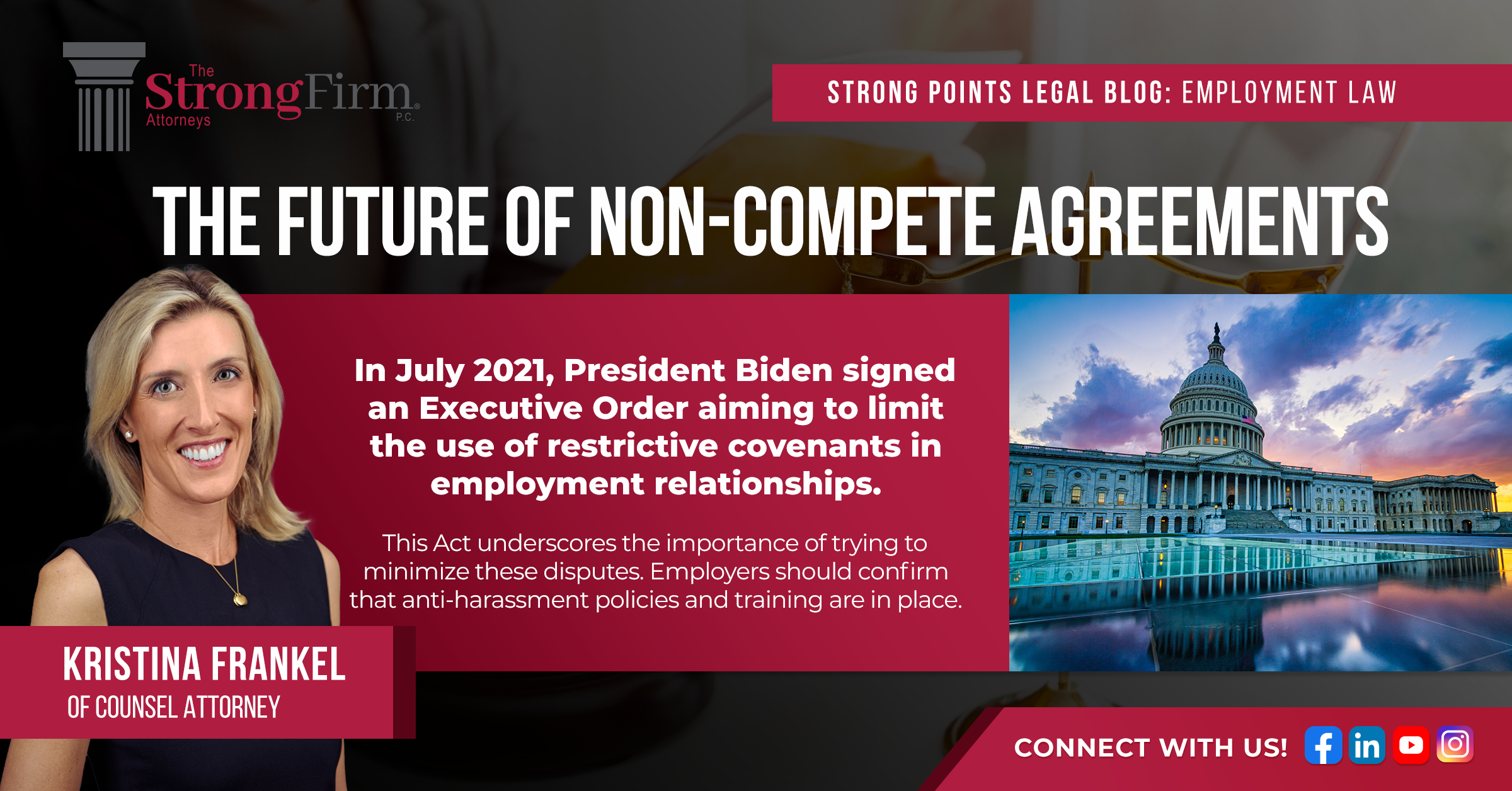Most commercial landowners are aware that contractors, subcontractors and suppliers that provide work, tools or materials in connection with constructing an improvement have a right to place a lien on the property until they are paid. This type of lien is often referred to as a Mechanic’s Lien and is authorized by statute[1] and the Texas Constitution.[2] However, many commercial landlords are not aware that tenant activity may result in a Mechanic’s Lien being filed against the property. Worse still, the landlord may unwittingly take actions that allow that lien to extend to the entire property. Thankfully, a landlord can implement a few policies that will greatly reduce this risk.
First, the landlord should work with their attorney to include a provision in the lease that calls for all improvements constructed by the tenant to revert to the landlord’s ownership once the lease terminates. These provisions are generally referred to as reversionary provisions. Courts analyzing Mechanic’s Liens created by tenants have consistently found that a tenant cannot create a lien in more property than it owns. Since a tenant generally owns a leasehold estate (the temporary right to possession) and potentially some right to the trade fixtures and/or improvements then that is all that can be subject to a Mechanic’s Lien. By including a reversionary provision in the lease the tenant and landlord can agree that all tenant improvements, fixtures and even trade fixtures revert to the landlord upon termination of the lease. As a result, courts have found that the Mechanic’s Lien cannot attach to that property beyond termination of the lease because the tenant did not own any greater interest.[3]
Second, landlord must institute a policy that it will not issue payments and/or directly contact or work with tenant’s contractors. In fact, it is advisable that owners avoid extensive intrusion even in the planning and design phase. Owners should insulate themselves from tenant’s contractor’s because courts have allowed liens to extend beyond what the tenant owns (i.e. to the entire building and property) if the contractor can show that the landlord is directly involved in securing, paying for or directing the work.[4]
Third, landlord should work with their attorney to include a provision in the lease that makes clear that Tenant is not an authorized agent, general contractor or contractor for landlord. Likewise, the lease should be clear landlord is not tenant’s contractor. Again, courts have allowed liens to extend to the entire property where either (1) the landlord is involved in the improvements or (2) the tenant is found to be acting as the landlords contractor or direct agent when securing the improvements.
Landlords need to be careful that their efforts to protect their property and ensure quality buildouts and improvements do not endanger their clear title to the property. Accordingly, work with their attorneys to implement the protections provided above.
[1] https://www.statutes.legis.state.tx.us/Docs/PR/htm/PR.53.htm
[2]https://www.statutes.legis.state.tx.us/DocViewer.aspx?DocKey=CN%2fCN.16&Phrases=lien&HighlightType=1&ExactPhrase=False&QueryText=lien
[3] See Schneider v. Delwood Center, 394 S.W.2d 671 (Tex. Civ. App.–Austin 1965, no writ).
[4] Bond v. Kagan, 985 S.W.2d 253, 256 (Houston [1st Dist] 1999).




























